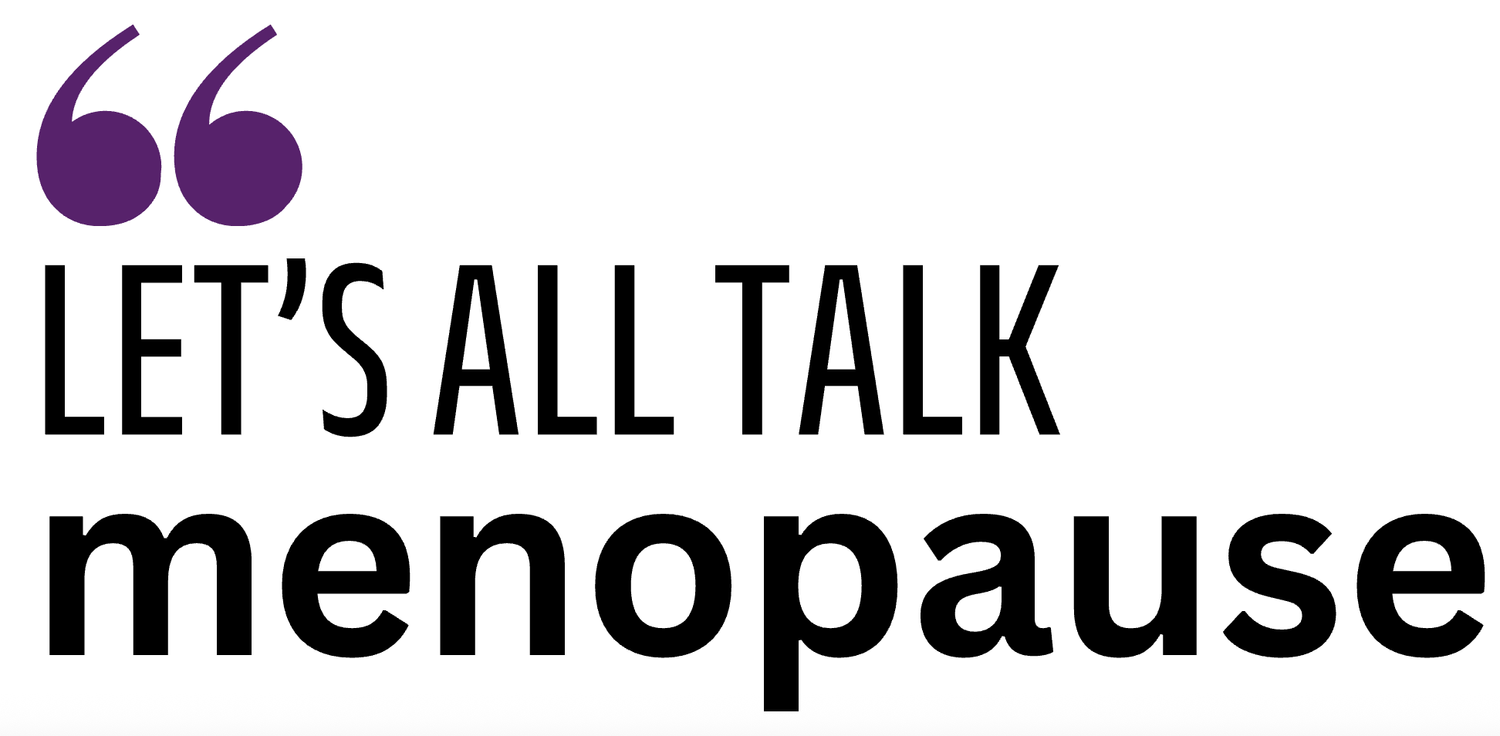The Sleep Struggle is Real… with Kathryn Pinkham
Let's talk about something that many of us are going through but don't always chat about openly: menopause and how it messes with our sleep. It's not just about the hot flashes and mood swings; it's also about those nights when we're staring at the ceiling at 3 AM. So, what can we do about it?
Sleep and Hormones
Menopause throws our bodies a curveball, especially when it comes to sleep. Hormones like oestrogen and progesterone, which used to help us snooze, start to dip and can leave us tossing and turning. But it's not all doom and gloom—there are ways to fight back and get that much-needed shut-eye.
"We can't just manage that part of it. We've got to look at that whole picture and say, ‘how can we get this back?’ That would offer you a better chance of sleeping, because the hot flushes we can't stop."
Insomnia Clinics to the Rescue
Some practitioners have started clinics just for insomnia, where they use something called cognitive behavioural therapy (CBT) to help you out. It's all about changing the way you think about sleep and tweaking some of your habits to help you drift off easier and stay asleep longer.
"Sleep is very curable. We can improve sleep. And at the moment, there just isn't enough resources and access to CBT for insomnia."
Tips from the Sleep Pros
Here's the scoop from the experts on getting better sleep during menopause:
Go to Bed Later: Sounds weird, right? But if you're not sleeping much anyway, why spend extra hours in bed getting frustrated? Hit the hay a bit later, and you might find you fall asleep faster.
Get Up at the Same Time: Yes, even on weekends. Keeping a regular wake-up time helps set your body's internal clock, so you start feeling sleepy at the right time.
Don't Watch the Clock: Waking up in the middle of the night? Resist the urge to check the time. It just makes you stress about how much sleep you're not getting.
Leave the Bedroom: If you're wide awake, get up and do something chill like reading or listening to music. When you start feeling sleepy, head back to bed.
Hot Flashes? Keep Your Cool
Hot flashes are a pain, but you can manage them. Instead of jumping out of bed, take a moment to breathe and remind yourself it's not an emergency. It's uncomfortable, sure, but it's not dangerous. This can help your body calm down faster so you can get back to sleep.
"Insomnia, I think, traditionally was always considered as a secondary issue to something else."
Lifestyle Tweaks
Your diet and evening routine can also play a part in how well you sleep. While there's no magic snack for sleep, it's smart to avoid heavy meals and too much caffeine before bed. And while exercise is great, try not to do it too close to bedtime if it keeps you wired.
"If I'm if I'm sitting opposite a poor sleeper, Um, I and I had a magic wand. I wouldn't wish that they would always sleep well. I would wish that they could cope with it when they didn't."
Embrace the Change
The biggest thing to remember? It's okay not to sleep perfectly every night. Cut yourself some slack and focus on handling the rough nights better. The less you worry about sleep, the more likely it is that it'll come naturally.
So, there you have it—some real talk on getting better sleep during menopause. It's all about making small changes and adjusting your mindset. Sweet dreams!
